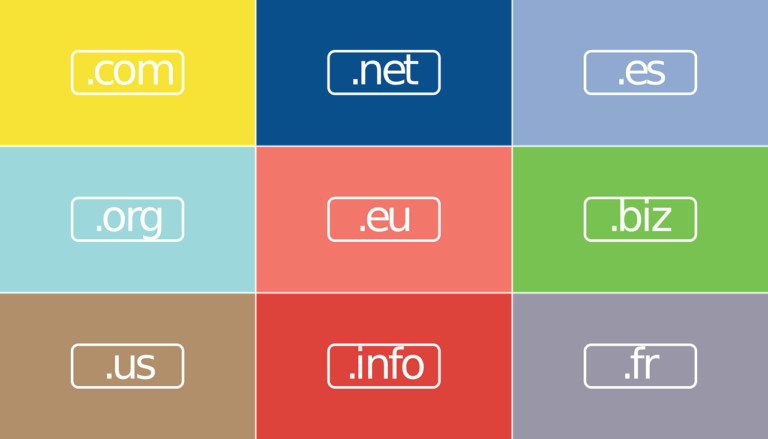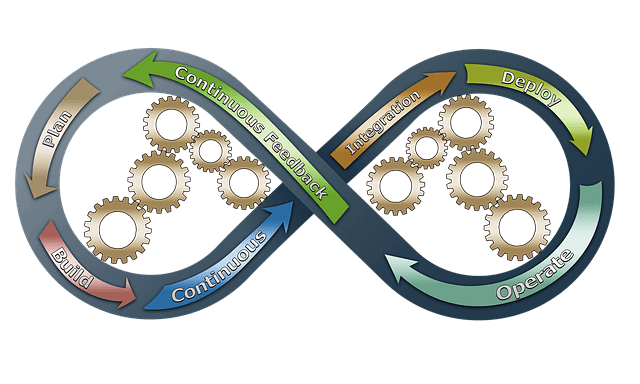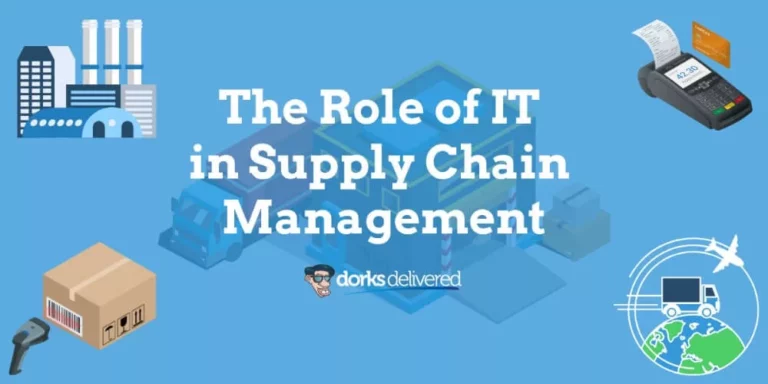
Physical vs. Virtual Servers
How to Choose the Right Server? In our modern, tech-savvy landscape, it’s almost unthinkable for a business to operate without incorporating some form of server
Autocorrect can go straight to he’ll.
Heard of that new band 1023 Megabytes? They’re good but don’t have a gig just yet.
Why can’t Microsoft employees relax? Because they’re always on Edge.
What kind of computer sings the best? A Dell.
Why do programmers prefer dark mode? Because light attracts bugs.
There are 10 types of people in the world: those who understand binary, and those who don’t.
Why shouldn’t you fart in an Apple store? They don’t have Windows
Why are iPhone chargers not called Apple Juice?!
Where did the software developer go?! I don’t know, he ransomware!
Looking for IT solutions to streamline your business operations? Learn more about the IT tools and processes designed to boost productivity and enhance security.
Subscribe to our newsletter for regular IT news, tips, tricks, jokes, podcasts and other interesting stuff. It’s a hoot!
We take your privacy very seriously solemnly promise not to SPAM you.

How to Choose the Right Server? In our modern, tech-savvy landscape, it’s almost unthinkable for a business to operate without incorporating some form of server

A lot of people have brilliant ideas (usually over a few beers or wines) that they think will make something easier or will solve a

Let’s talk about wireless Internet connections—NBN or 5G, which is better?—and why you may want to go wireless.

Businesses all over the world are largely aided by technology to become better and stronger. Technology helps them get from Point A to Point B, and

How to Make a Strong Password and Remember It https://www.youtube.com/watch?v=ZArTp7MY2z8 I’ve just told everyone your password. Yup. They are the most common passwords that people

Technology is supposed to make things easier, but sometimes it will end up complicating things even more. Business owners can end up running around in

The Best Accounting Software Numbers, general ledgers, chart of accounts, reconciliation, linking bank accounts from one thing to another and then sending out your BAS.
What Is Digital Transformation and How to Implement It Modern business is super reliant on digitisation. Gone are the days when computers were frowned upon

Stay Organised and Focused Who remembers the days of the filing cabinet? You know that thing sitting in the corner and every so often you’d

What Is Hybrid IT and How Will It Transform Your Business? There is a race that is occurring between companies all around the world to

What Is a Domain Name and How Does It Work? https://www.youtube.com/watch?v=CmuvfyuRTmg Today we’re going to talk about domain names. We had a lot of questions

What Is IT Governance Framework? First Things First To succeed in business you need to understand the importance of IT and use this knowledge to

Companies face several challenges wherever they are in the supply chain. Utilizing information technology, businesses can deal with various supply chain management issues. What is a

Step By Step Guide to Developing an IT Strategy A strategy does not have to be a complex plan of action. Think of it like

How To Mitigate The IT Security Risks Of M&A Mergers and Acquisitions (M&A) are hard to ignore in the reality of the business world. It

IT Managed Services for Businesses in Australia In today’s fast-paced commercial environment, a company’s reputation hinges on its ability to deliver seamlessly. To support business

Your first IT support task is FREE (Normally $199) – Yep, absolutely free (up to 4 hours)! Experience how our team can help your business today.





